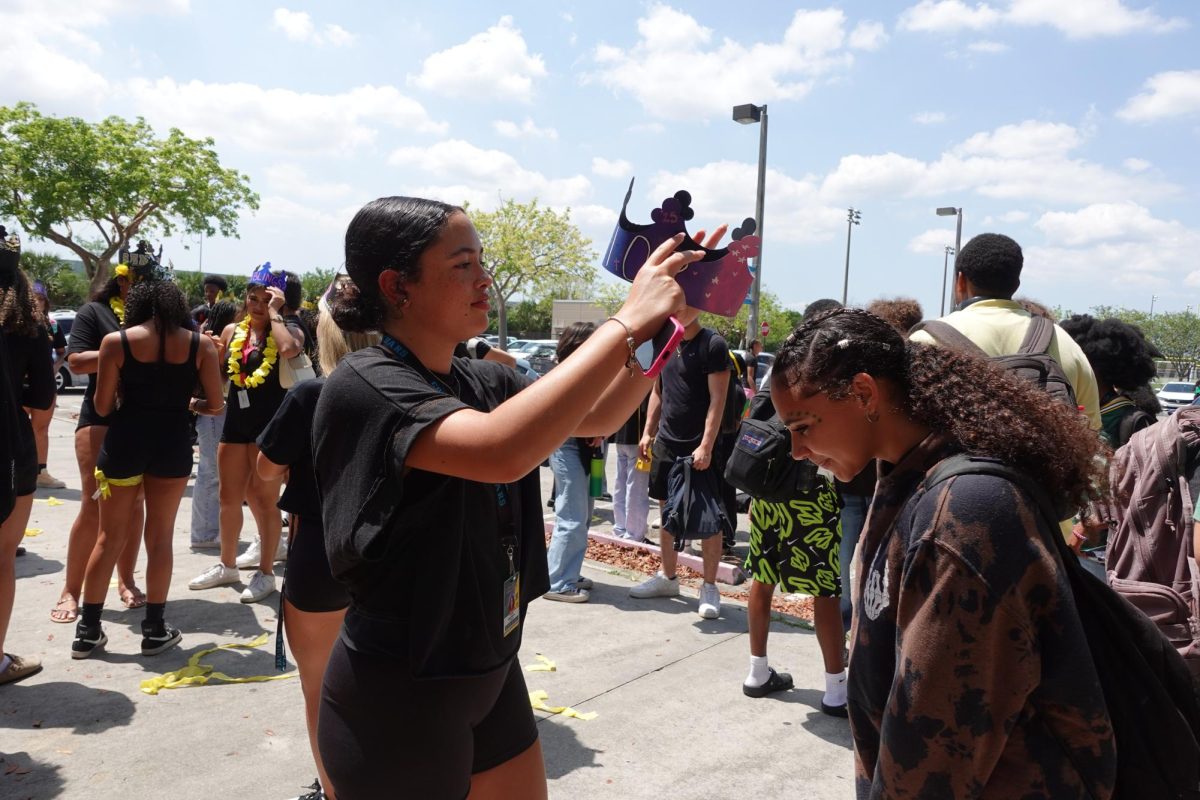During Black History Month, let us take a moment to appreciate the significant contributions made by black people in a variety of fields. First the outstanding achievements of black journalists, who have influenced the media environment.
Ida B. Wells (1862-1931):
Ida B. Wells, who was born into slavery, became well-known for her investigative journalism skills and her bravery in fighting for civil rights. Through her breakthrough investigative work, Wells boldly exposed the horrific realities of lynching in an era filled by racial violence. She broke social norms and brought in a new era of investigative journalism with her dedication to finding the truth. Wells’ bravery and strength in the face of hardship continue to serve as an inspiration to future generations of journalists.
Lester Holt:
Having worked in broadcast journalism for many years, Lester Holt is a shining example of a perfect journalist.
Holt is a well respected anchor on NBC Nightly News, but his impact goes well beyond the newsroom. His dedication to objective reporting and the highest quality of journalism sets an example for others in the industry. in
Holt’s calm approach and commitment to truth-telling highlight the critical role that many perspectives play in forming our collective knowledge of world events, especially in the era where people are always up trends.
Marvel Cooke (1903-2000)
Marvel Cooke, born in Minnesota April 4, 1903 was an outstanding Black American journalist, writer and civil and rights activist. In 1925 she graduated from the University of Minnesota at the early age of 22. She then later went on to take on a job offer making her to move to new york and become the assistant of W.E.B Du Bois under the meteor of Du Bois she met many talented writers and artists. In 1950 she was hired by The New York paper and became the first woman reporter for The Daily Compass, a mainstream white-owned newspaper. She published “Occupation Streetwalker,” chronicling prostitution and black children’s drug use. The following year, Cooke uncovered the exploitation of black domestic workers in white homes, highlighting the Bronx Slave Market. The series and editorial led to the creation of courses for household workers and the American Labor Party’s pursuit of standardized wages. Cooke’s work sparked the Domestic Workers Union and the state Employment Agency. She remained with the Daily Compass until its closure in November 1952.
“I think it’s important to recognize these black journalists and the amazing work they have done,” said Narayani Sandoval, a freshman.
“Throughout history, black voices have been shunned or ignored, which is why it’s so important to uplift them and their work, especially during Black History month. There have been countless of black historical figures who have made journalism what it is today- we owe a lot to them,” said Sophia Herrera, a Senior.








